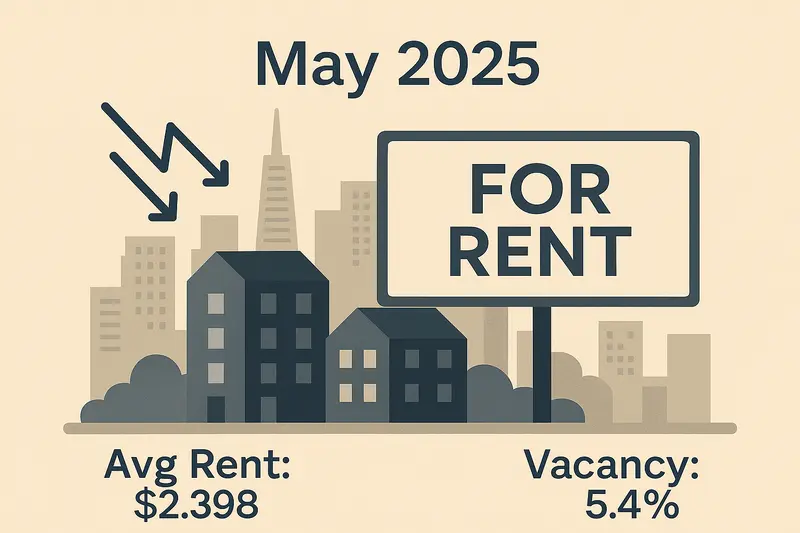Lender Rules for Renting a Home with an Active Mortgage
Question
Answer
Renting out a property while you still pay a mortgage is possible, but you must understand your loan terms and secure any required approvals. Many mortgages include an owner-occupancy clause that obligates you to live in the home for a specified period. Violating that clause by leasing too soon can trigger penalties or loan acceleration.
First, review your mortgage agreement or note to identify any occupancy requirements. For example, FHA loans normally demand at least 12 months of owner occupancy before you can rent, while VA loans often have similar rules. Conventional loans may allow rentals sooner, but they often require written permission. If you plan to rent within the first year, contact your loan servicer and ask about specific restrictions or fees for early leasing.
- Obtain lender approval: Submit a written request to your servicer or lender. They might ask for a copy of the proposed lease and tenant screening documents.
- Refinance or convert: If your lender won’t grant permission, consider refinancing into a buy-to-let or investment property loan. Interest rates and down payment requirements typically increase for investment properties.
- Update insurance: Switch to a landlord insurance policy to ensure adequate liability and property coverage. Standard homeowner’s insurance may not cover damages caused by tenants.
- Local regulations: Check city or county rules on rental registrations, safety inspections, or short-term rental restrictions.
- Tax implications: Rental income is taxable. You’ll need to report rental revenue and can deduct expenses like mortgage interest, property taxes, repairs, and depreciation. Consult IRS Publication 527 for details.
Protect your investment by performing a thorough tenant screening, collecting a security deposit, and drafting a compliant lease agreement. Educate yourself on Fair Housing rules and local landlord-tenant laws to avoid potential lawsuits.
Before moving forward, it’s advisable to consult a licensed attorney or mortgage professional to confirm your lender’s policies and ensure you meet all legal requirements. Taking these steps will help you rent confidently without jeopardizing your mortgage.


